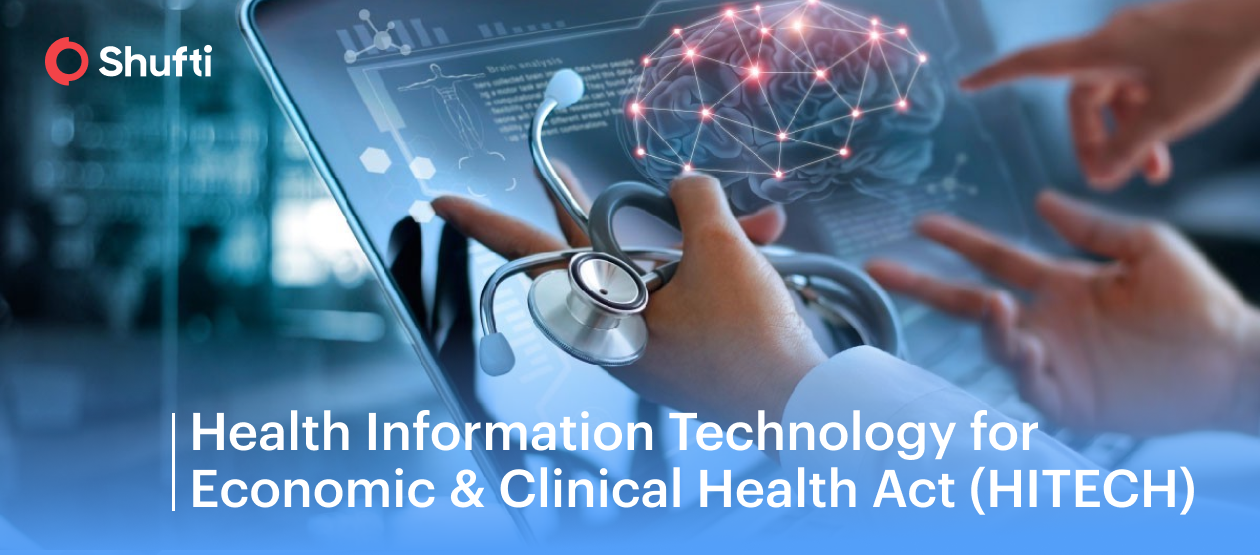HITECH

In 2009, the United States introduced the Health Information Technology for Economic and Clinical Health Act, better known as the HITECH Act. This landmark piece of legislation was enacted under the American Recovery and Reinvestment Act (ARRA) in the wake of the 2008 global economic recession and designed to strengthen the rules established by the Health Insurance Portability and Accountability Act (HIPAA). Its core mission? To drive the adoption and “meaningful use” of electronic health records (EHRs) and ensure robust data privacy and security for patients.
What Is the HITECH Act?
The HITECH Act focuses on improving the use of electronic Protected Health Information (ePHI) across healthcare systems. It mandates that healthcare providers and their business partners in the US adopt digital technologies for managing and protecting patient records. A major aspect of the Act is its alignment with HIPAA standards, particularly around conducting security audits and enforcing measures around data protection.
What Does HITECH Compliance Involve?
HITECH compliance means healthcare providers must adopt certified EHR systems and follow structured data handling protocols. These include:
- Implementing at least five clinical decision support tools
- Digitally managing over 60% of prescription records
- Guaranteeing the transfer of care records between providers
- Providing personalized educational resources to at least 10% of patients
- Giving patients direct access to their electronic health records
Providers use these benchmarks to collect data as well as actively improve care quality and coordination in real time.
Why It Matters to Patients
For patients, HITECH brings two key advantages:
- Direct Access to ePHI
Patients are now able to access their health records digitally and share them with third parties if desired. This control allows individuals to make informed decisions about their care. The law also encourages providers to cover the costs of electronic reports under the “meaningful use” program, further empowering patients.
- Data Breach Notification
HITECH also enacted strict rules around breach notifications. If patient data is exposed to a security incident, the healthcare provider must notify the affected individuals. For breaches affecting more than 500 people, the provider must also inform the US Department of Health and Human Services (HHS), relevant state authorities, and local authorities. This transparency ensures accountability and provides patients with the opportunity to act quickly to protect their identity.
Benefits for Healthcare Providers
The HITECH Act doesn’t just benefit patients. It also helps healthcare providers transition to modern data systems by offering financial incentives and technical support. Some of the key benefits include:
- Improved coordination of care across different facilities and providers
- Streamlined health information exchanges that support public health goals
- Strengthened safeguards for patient privacy through compliance with both federal and state laws
These benefits contribute to a more connected, efficient, and secure healthcare ecosystem/
Global Relevance and Emerging Trends
While HITECH is a US-specific law, its principals are increasingly relevant worldwide. Countries across Europe, Asia, and the Middle East are accelerating digital health transformations, aiming to enhance patient privacy, integrating EHR systems, and adopting AI to support diagnostics and monitoring.
Recent global trends include:
- Cross-border data interoperability: Sharing health data across states is straightforward, but exchanging it across national borders has long been a challenge. Initiatives like the European Health Data Spaces (EHDS) are working to enable secure exchange of health data between EU member countries.
- AI-driven EHR systems: Many countries are integrating AI to reduce administrative burden and personalize treatment pathways.
- Heightened focus on cybersecurity: As health data becomes more digitized, healthcare providers worldwide are prioritizing investments in cyber resilience to guard against evolving threats.
These developments point to a shared international focus on securing patient data and improving healthcare outcomes through technology.
Final Thoughts
The HITECH Act laid the foundation for a healthcare system focused on digital innovation, patient-centered care, and strong data protection. Although the legislation only applies to healthcare providers in the United States, the principles it promotes remain globally relevant. These include enhancing data security, increasing patient access to information, and making health systems more connected and efficient.
For healthcare providers that want to stay compliant and competitive, adopting electronic health record systems and prioritizing patient privacy is a necessity, not a choice.

 Explore Now
Explore Now






